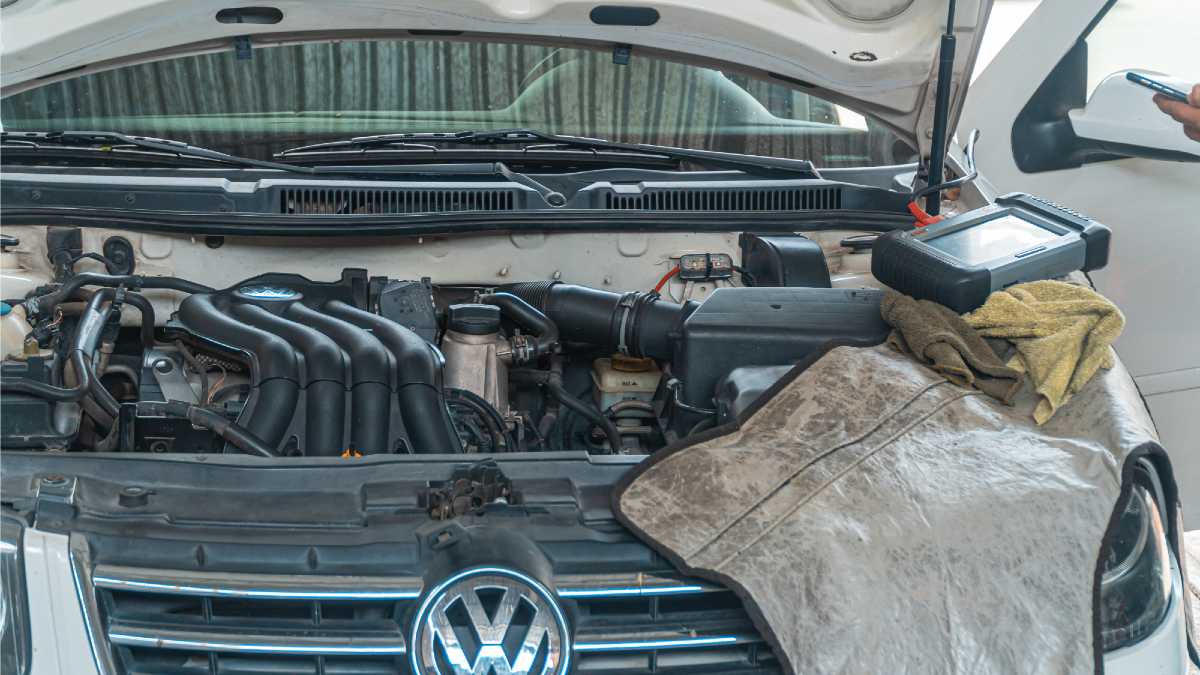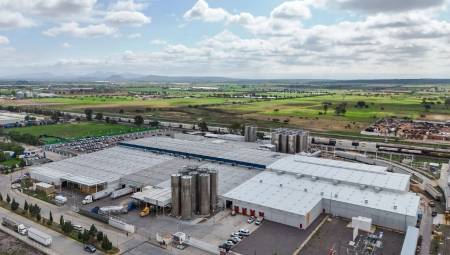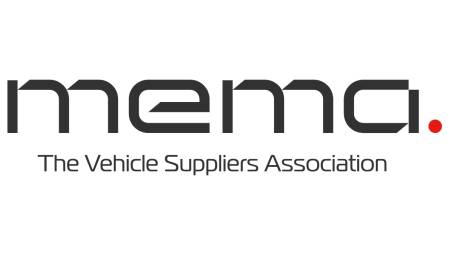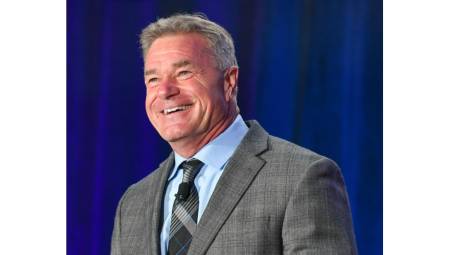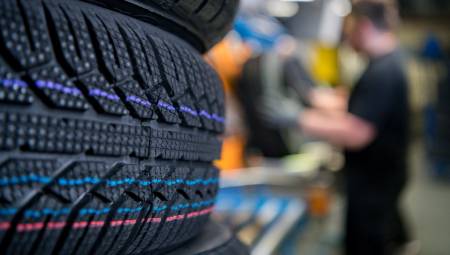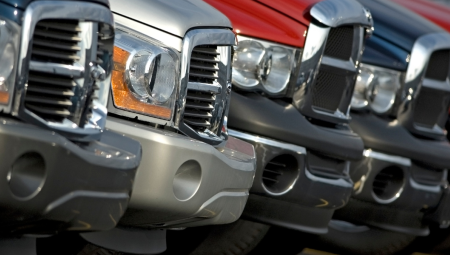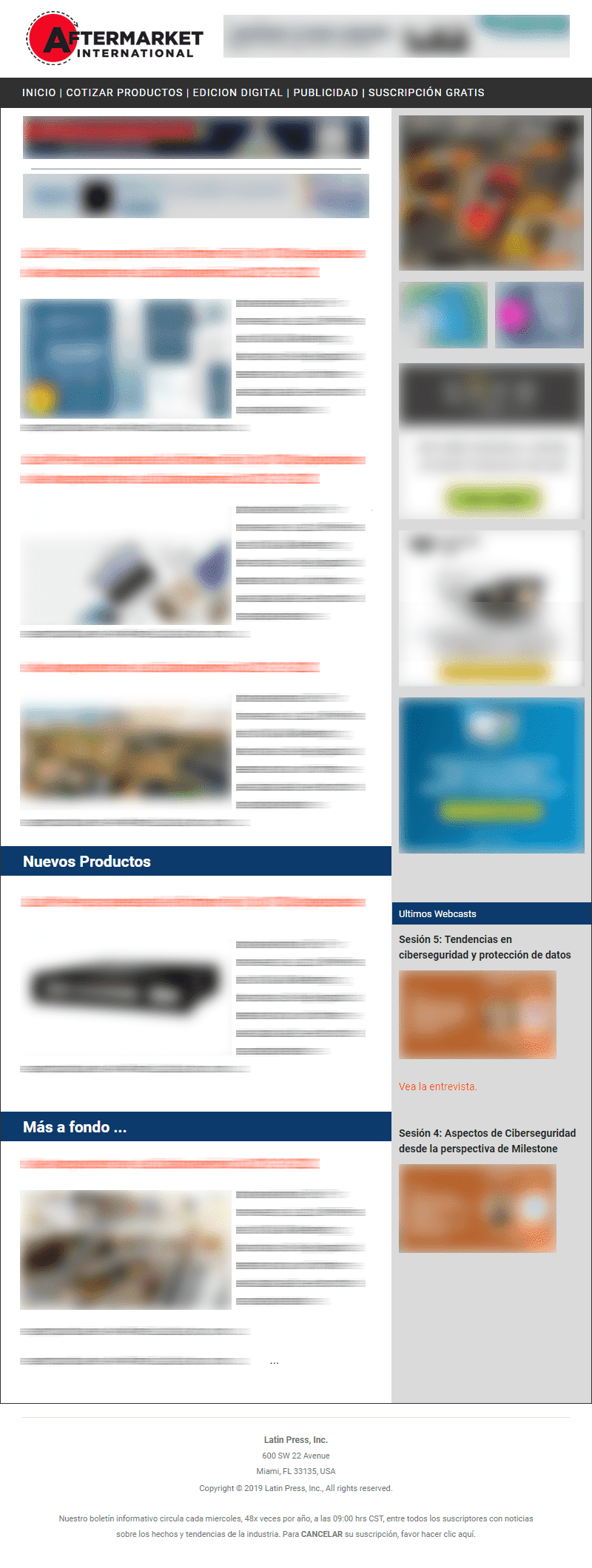Latin America. Volkswagen of America (VWoA) opened its Battery Engineering Laboratory (BEL) in Chattanooga, to test and optimize batteries for all electric vehicles in the U.S. market.
Through the in-house development of critical battery expertise, the $22 million, 32,000-square-foot facility will enable Volkswagen to gain a competitive advantage in the drive toward electric mobility.
Along with the electrification of the $800 million factory in Chattanooga, the opening of BEL is the latest step in Volkswagen's $7.1 billion commitment to boost its product portfolio, R&D and manufacturing capabilities in the North American region.
The first Volkswagen EV assembled in the United States, the ID.4 compact SUV, is set to roll off the assembly line in 2022.
"When we started making investments in electrification, it was because we saw a future for our industry and the North American region where Volkswagen could take a leadership position," said Scott Keogh, president and chief executive officer of Volkswagen Group of America, Inc.
"The Battery Engineering Lab helps make that vision a reality today, accelerating decades into the future with advanced battery engineering to support our expanding EV momentum in North America."
The BEL is the first facility of its kind for Volkswagen of America and one of four units strategically located in the Volkswagen Group globally, with one in Germany (Braunschweig) and two in China (Shanghai, Changchun).
The engineers will initially focus on batteries and battery packs for Volkswagen's MEB vehicle platform, with the potential to incorporate various types for all vehicle brands across the Volkswagen Group.
In the future, Volkswagen aims to analyze emerging battery technologies and gain an early understanding of how new concepts and prototypes can support the company's rigid specifications.
This knowledge is crucial technical knowledge, as battery technologies continue to improve in terms of energy density, weight and cost, and shape the characteristics of an electric vehicle.
Volkswagen of America's local engineering group in Chattanooga consists of more than 100 dedicated engineers in various roles, from chassis to driving performance, interiors and digital technologies.
With the BEL, Volkswagen is adding more highly skilled jobs. Working on-site or remotely through cloud access, a new team of 30 engineers will focus on various climatic, mechanical, electrical and corrosion tests of cells and battery packs.
They can replicate all of the world's climate environments and scale between extreme environments far beyond what a typical customer would subject to a vehicle.
This is especially important in countries like the U.S., and even more so for the North American continent, with its climatic variations, from the Arctic cold to the desert heat.
Building the Battery Engineering Laboratory from scratch allowed Volkswagen to install highly specialized equipment. One of them is the electric multiaxial vibrating table (eMAST).
This unique machine allows extreme vibration tests to simulate an average driving year (15,000 km or around 9,321 miles) in just one week.
That's the equivalent of driving from Orlando to Seattle three times in seven days. Other major tests include a climate chamber in which a larger SUV model can be installed and the ability to set temperature ranges between -70° and 130° Celsius (-94° to 266° F) to reflect hundreds of possible weather conditions.
The BEL is also equipped with thermal shock chambers that quickly expose battery packs to changing hot and cold environments to force their welds and fasteners, durability tests with certified superfine "Arizona" powder to add abrasive elements and test battery sealing. water immersion packages and tanks to simulate water ingress scenarios.
BEL's focus on sustainability goes beyond its work and encompasses the operation of the facility. When the batteries are discharged during testing, the energy produced will be transferred back to the building and the local public grid and the discarded materials will be recycled.
Volkswagen has invested more than $800 million to prepare its Chattanooga plant for local assembly of the ID.4 SUV in 2022, including dedicated vehicle assembly facilities and battery packs.
Based on the Volkswagen Group's global MEB electric vehicle platform, the ID. The product line and its battery packs follow a standardized modular approach.
Since 2019, Volkswagen has already transformed four of its global factories to assemble these MEB-specific battery packs, with sites in Germany, czech Republic and two in China; Chattanooga is the fifth.
Volkswagen employs more than 4000 people at its factory and aims to hire 1000 new production team members by 2022, to help meet customer demand for the Volkswagen Atlas, Atlas Cross Sport and the upcoming ID.4.


